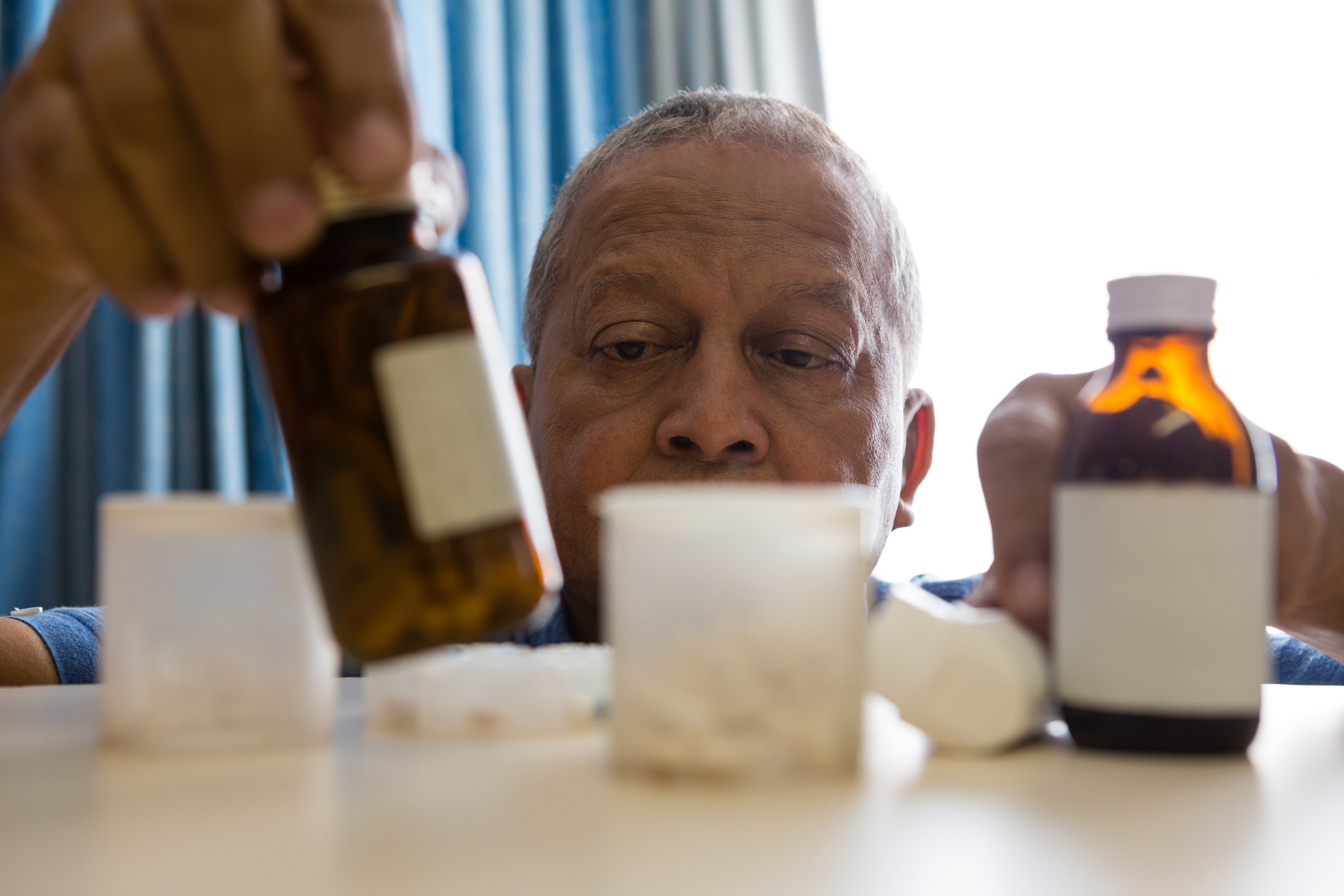
Key information to keep in mind for safe and effective use
Blood thinners, also known as anticoagulants, are medications that help prevent blood clots, reducing the risk of strokes, heart attacks, and deep vein thrombosis. They can be life-saving, especially for people with certain medical conditions like atrial fibrillation, previous clotting events, or after surgeries. However, starting a blood thinner comes with specific expectations and precautions that you should be aware of. Here’s what to expect when you begin taking these medications.
1. Increased Risk of Bleeding
One of the most significant side effects of blood thinners is an increased risk of bleeding. Since these medications prevent blood from clotting, even small cuts can lead to more bleeding than usual. Some of the common signs to watch for include:
-
Easy bruising
-
Prolonged bleeding from minor cuts
-
Frequent nosebleeds
-
Bleeding gums when brushing teeth
-
Red or brown urine
-
Black or tarry stools (which may indicate internal bleeding)
It’s important to contact your doctor if you notice unusual bleeding or bruising. In some cases, your dosage may need adjustment to minimize this risk.
2. Potential Side Effects
While blood thinners can be highly beneficial, they can also cause some side effects. These may include:
-
Nausea or upset stomach
-
Dizziness or lightheadedness
-
Headaches
-
Skin rashes or allergic reactions
If you experience any persistent or severe side effects, make sure to consult your healthcare provider for guidance.
3. Medication Interactions
Blood thinners can interact with a variety of medications, including over-the-counter drugs and supplements. This can affect how well the blood thinner works or increase the risk of bleeding. Be sure to inform your healthcare provider about all medications you’re taking, including:
-
Aspirin or non-steroidal anti-inflammatory drugs (NSAIDs) like ibuprofen
-
Certain antibiotics and antifungals
-
Herbal supplements (such as garlic, ginkgo, or vitamin E)
-
Over-the-counter pain relievers
Your doctor may need to adjust your blood thinner dosage or suggest alternative medications to avoid harmful interactions.
4. Regular Monitoring
If you are taking warfarin (Coumadin), a commonly prescribed blood thinner, you’ll need regular blood tests called INR (International Normalized Ratio) tests to monitor your blood’s clotting ability. Your doctor will adjust your dosage based on these results to ensure that your blood is thin enough to prevent clots but not so thin that it causes excessive bleeding.
For newer blood thinners like apixaban (Eliquis) or rivaroxaban (Xarelto), regular monitoring isn’t typically required. However, your doctor may still schedule check-ups to assess your response to the medication and adjust the treatment if needed.
5. Lifestyle Adjustments
While taking blood thinners, certain lifestyle changes may be necessary:
-
Be cautious with activities: Since blood thinners increase bleeding risk, be mindful when participating in sports or activities that could result in injury.
-
Diet considerations: If you’re on warfarin, your diet may need to be adjusted to avoid foods high in vitamin K (such as leafy greens) that can interfere with the medication’s effectiveness. For other blood thinners, food interactions are less of a concern, but it’s always best to discuss dietary habits with your doctor.
-
Avoid alcohol: Drinking alcohol in excess can increase the risk of bleeding while on blood thinners, so it’s important to limit alcohol intake and discuss your habits with your doctor.
Bottom Line
Blood thinners are an essential part of preventing blood clots and reducing the risk of serious health events like strokes and heart attacks. While they offer significant benefits, they also come with risks and require careful management. By following your doctor’s instructions, monitoring for side effects, and making the necessary lifestyle adjustments, you can use blood thinners safely and effectively to improve your health.




